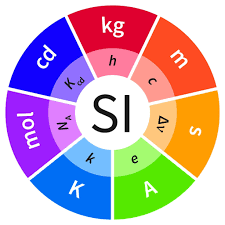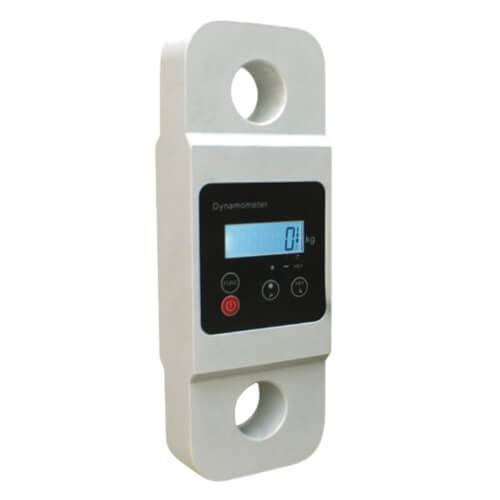What is Metrology ?
Fundamentals and Importance of Measurement Science
Metrology is a science that is overlooked by many but plays an important role in many aspects of our lives. Basically, metrology is a science that deals with measurement and the reliability of measurement. In this article, we will examine what metrology is, why it is important and how it is effective in our daily lives.
Definition and Importance of Metrology
It is a science that guides measurement processes and develops standards. Metrologists plan measurement processes, set standards and work to reduce measurement errors. Its aim is to increase the accuracy and reliability of measurement results.
It is of great importance in many industries and sectors.
1. Quality Control
It is used to control the quality of products and services. Inaccurate measured values can lead to the production of poor quality products and the provision of faulty services. It is used in quality control processes to help maintain quality.
2. Trade and Law
It helps trade to function properly. Labels on the packaging of products should be based on accurate measurements. They can also be used in legal disputes.
3. Health and Safety
It plays an important role in the healthcare industry. Accurate measurement of medical devices and precise determination of the dosage of medicines affect the health of patients. It also ensures the accuracy and reliability of devices using safety industries.
4. Evrionmental Protection
Environmental protection efforts cannot be effectively measured and monitored without the help of metrology. Measurement and assessment of environmental factors such as air quality, water pollution and energy efficiency rely on metrology.
5. Scientific Research
Scientific research and discoveries are based on accurate measurements. It contributes to the advancement of science and ensures the accuracy of experimental results.
International System of Units (SI)

The International System of Units (System International D’Unites) was adopted at the 11th (CGPM) “Conference on Weights and Measures” in 1960. The International System of Units was adopted by the members of the countries included in the “International Meter Convention” with the development of the metric system after centuries of turmoil in many unit systems in the world. The International System of Units consists of seven basic units and derived and complementary units derived from these units. Derived Units are obtained by multiplication or division of basic units.
Metrology in Our Daily Life
It affects many aspects of our daily lives. Here are some examples of metrology in our daily lives:
- Using the right measurements when cooking at home.
- Determining the timing of traffic signals and regulating transportation.
- Measurements of health control devices influence medical diagnoses.
- These examples show how widespread it is in our daily lives.
As a result, measurement as a science is of great importance in every aspect of our lives. Many areas such as product quality, trade, health, safety and environmental protection rely on accurate and reliable measurements. Understanding the basics of metrology helps us understand why this branch of science is so important.
You can click on the link to review our Brosweigh Weighing Systems products. You can click on the link to benefit from our foreign resources.





















